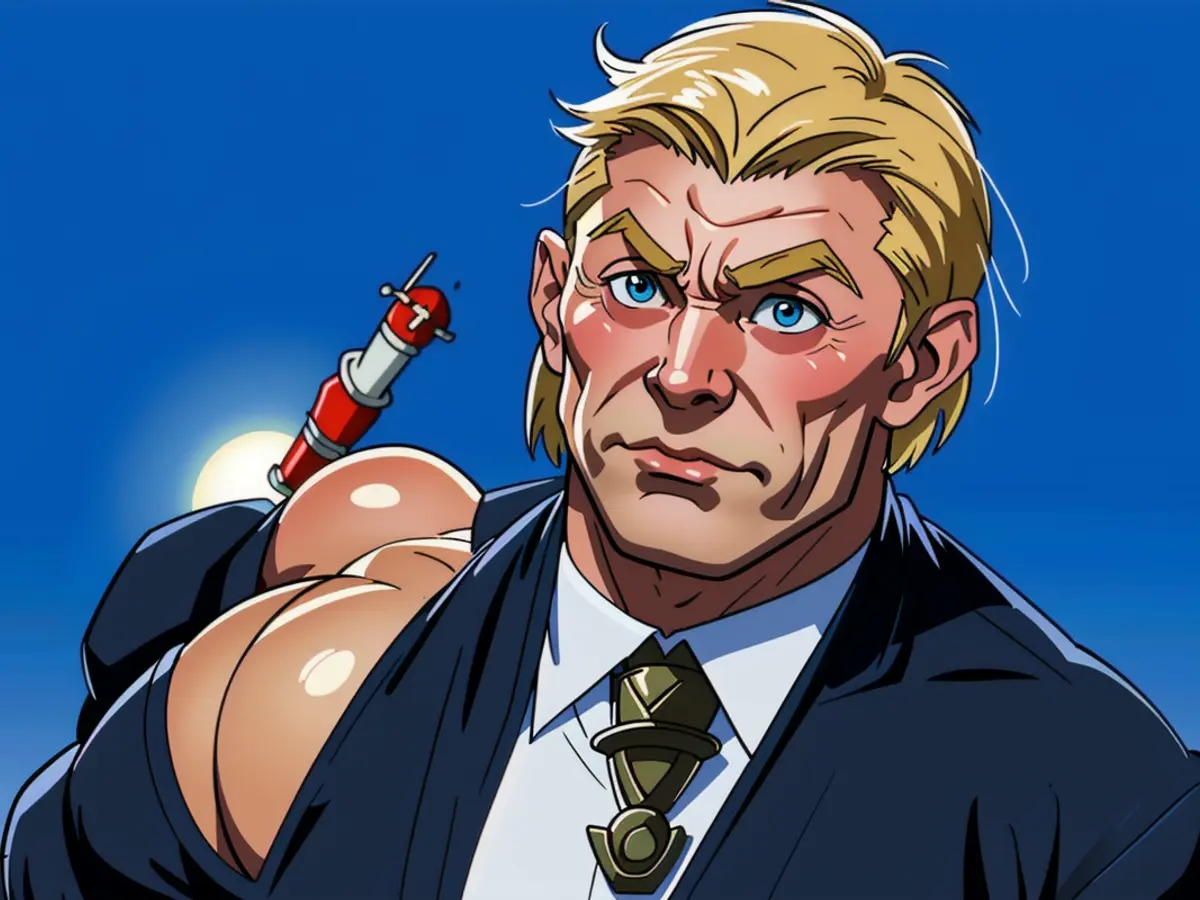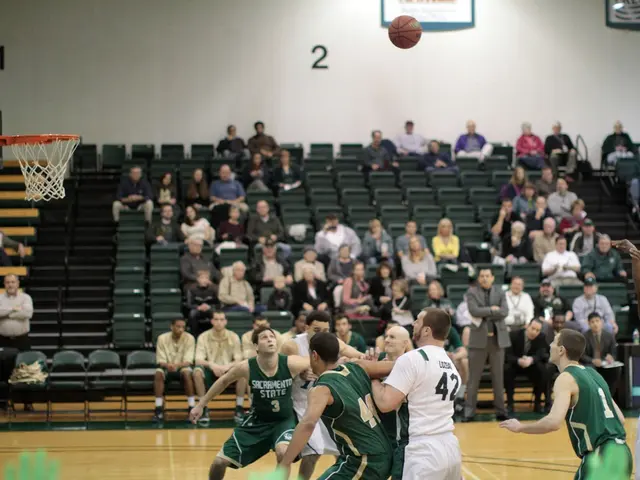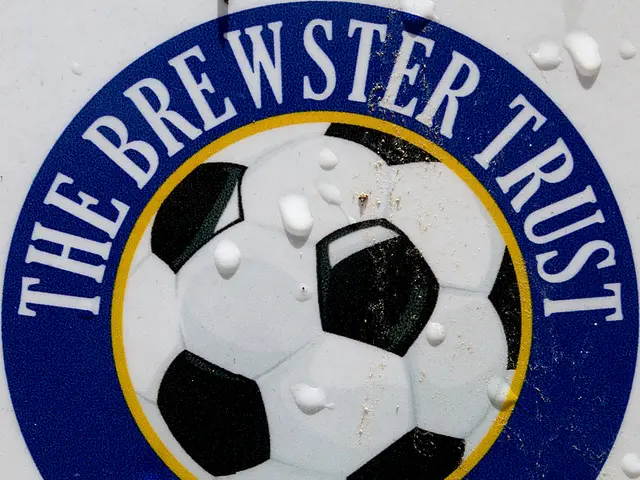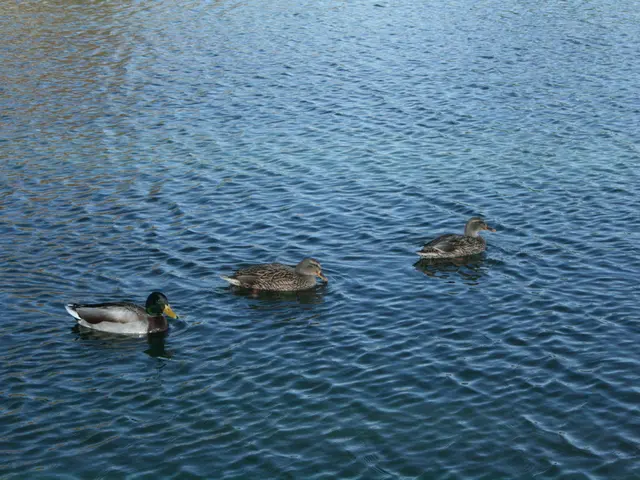Forced Russian Citizenship: Putin's Decree to Russify Occupied Ukraine
Social Media Sharing Icons
Russian leader Putin advocates for assimilating Ukrainian lands under Moscow's cultural influence
Facebook ⬆️ Twitter ⬆️ Whatsapp ⬆️ E-Mail ⬆️ Print ⬆️ Copy Link ⬆️
In a controversial move, Russian President Vladimir Putin has decreed that Ukrainians living in Russia or the occupied territories should either obtain Russian passports or depart by September 10, 2025. This decree, signed on March 20, 2025, primarily affects Ukrainians from Donetsk, Luhansk, Kherson, and Zaporizhzhia, as well as those from Crimea, which Russia seized in 2014[1][2][3].
Implications for Ukrainians
The decree puts immense pressure on Ukrainians to take up Russian citizenship in order to access basic services like healthcare and pensions. Without Russian documentation, they may face harassment, detention, and eventual deportation[2][3]. Here are the potential consequences that Ukrainians may face:
- Deportation Threat: Ukrainians may be classified as "foreigners," subject to foreign residency regulations, with a maximum stay of 90 days, mandatory medical examinations, and work restrictions[3].
- Loss of Services: The lack of Russian passports could mean losing access to essential services like healthcare, social benefits, and employment opportunities[2][3].
- Compulsory Military Service: There are fears that Ukrainians who acquire Russian passports might be forced to serve in the Russian army[3].
- Cultural Assimilation: The decree is part of a broader strategy to erase Ukrainian identity and promote Russification through education and coercion[2][5].
Legal and International Objections
The decree contravenes international law, particularly the laws of occupation, which prohibit altering the demographic composition of occupied territories or forcing residents to declare allegiance to the occupying power[3]. Enforced Russian citizenship and potential deportations could amount to war crimes or crimes against humanity[3]. From a legal standpoint, Ukraine does not recognize Putin's order, considering it null and void[4].
Politics and Diplomacy
Conflict in Eastern Ukraine
The expected peace negotiations, driven by US President Donald Trump, will likely focus on the fate of the occupied territories, given that Russia holds about one-fifth of Ukrainian territory[4]. The Ukrainian President, Volodymyr Zelenskyy, has stated that territorial questions will be among the trickiest aspects of the negotiations but has ruled out recognizing Russian rule over his territories[4].
Keywords
- Vladimir Putin
- Russia
- Attack on Ukraine
- Ukraine
- Crimea
- Luhansk
- Donetsk
- Kherson
- Zaporizhzhia
- Wars and Conflicts
- Ukraine Conflict
- The community policy enforced by Russian President Vladimir Putin is raising concerns regarding the economic and monetary union, as Ukrainians face the possibility of being forced to hold Russian passports to access basic services or face deportation by 2025.
- While the decree signed by Putin on March 20, 2025, primarily targets Ukrainians in Donetsk, Luhansk, Kherson, Zaporizhzhia, and Crimea, the implications extend to the broader issue of compulsory cultural assimilation and potential war crimes, contravening international law.
- The potential legal and diplomatic repercussions of Putin's decrees on forced Russian citizenship and potential deportations could significantly impact international relations, especially in relation to the United States and the ongoing peace negotiations regarding conflicts in Eastern Ukraine.








